New Protected Status for Lake Chad Highlights World Wetlands Day
New sites have been added to a treaty protecting the world’s wetlands.
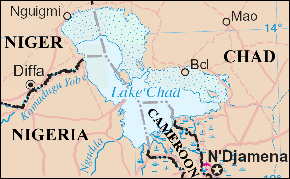 Countries across the globe celebrated World Wetlands Day on February 2 by designating national preserves and vowing to protect wetlands from climate change and maintain biodiversity.
Countries across the globe celebrated World Wetlands Day on February 2 by designating national preserves and vowing to protect wetlands from climate change and maintain biodiversity.
Cameroon declared its portion of Lake Chad an internationally significant wetland, bringing the entire lake under the protection of the Ramsar Convention for the protection of wetlands, WWF reports.
The other three countries bordering the lake-–Niger, Chad and Nigeria–granted protected status last decade. Cameroon’s announcement will make joint management programs for the lake easier, according to WWF.
“Lake Chad’s inscription as only the 13th transboundary formally recognized wetland is highly significant as 11 of the areas so far declared are in Europe,” said Denis Landenbergue, WWF International’s wetlands conservation manager in a press release. “Lake Chad joins the Saloum Delta shared by Senegal and Gambia as only the second such site in Africa.”
Better management of Lake Chad is needed to save the shallow lake from disappearing. Its surface area has shrunk by nearly 90 percent since 1963.
Other countries took similar action in honor of World Wetlands Day.
South Africa, Algeria and the Seychelles designated wetland sites for protection, joining new preserves that were announced in January in the United States, Brazil and El Salvador.
Pakistan created a program through its Ministry of Environment to catalogue and study Himalayan wetlands.
World Wetlands Day celebrates the adoption of the Ramsar Convention in 1971 in the Iranian city of Ramsar. Almost 1900 wetlands have been declared areas of international importance since the treaty was adopted. In the coming year, member countries will focus on the effects of climate change on wetlands.
“This year’s theme – Wetlands, Biodiversity and Climate Change – with the slogan ‘Caring for wetlands: an answer to climate change,’ captures the sense of urgency we all feel about the need to address the potentially disastrous consequences of global climate change as quickly as possible, particularly in the wake of the Copenhagen meeting of the UNFCCC back in December,” said Anada Tiega, secretary general of the Ramsar Secretariat.
Wetlands serve important ecological functions such as climate regulation, flood control, erosion protection and water purification. Most migratory birds use wetlands as a resting place on their annual journeys.
Source: WWF
Learn more about the Ramsar Convention
Brett writes about agriculture, energy, infrastructure, and the politics and economics of water in the United States. He also writes the Federal Water Tap, Circle of Blue’s weekly digest of U.S. government water news. He is the winner of two Society of Environmental Journalists reporting awards, one of the top honors in American environmental journalism: first place for explanatory reporting for a series on septic system pollution in the United States(2016) and third place for beat reporting in a small market (2014). He received the Sierra Club’s Distinguished Service Award in 2018. Brett lives in Seattle, where he hikes the mountains and bakes pies. Contact Brett Walton



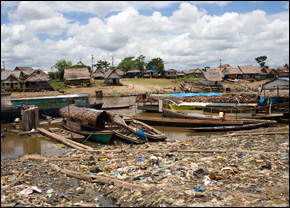
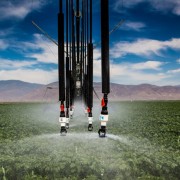
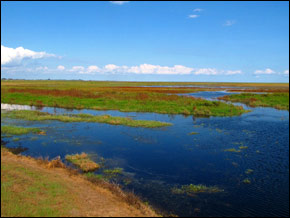


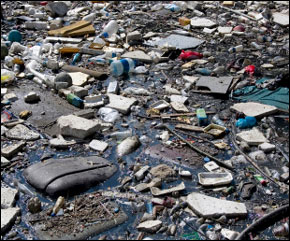
Leave a Reply
Want to join the discussion?Feel free to contribute!